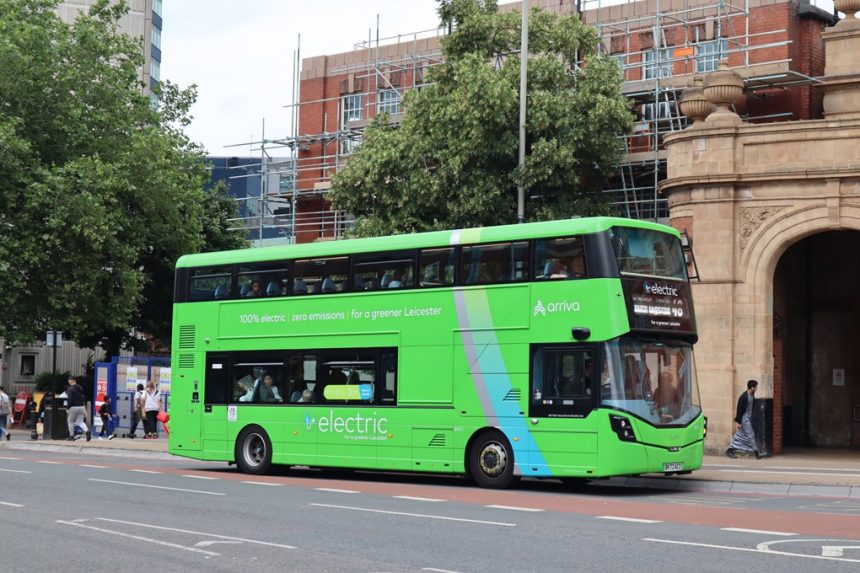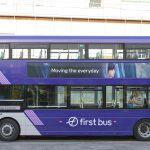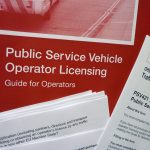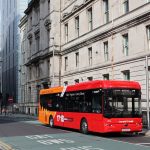The Department for Transport and local transport authorities (LTAs) in England – including Transport for London – should establish what is termed “a National Bus Company” to drive procurement of zero-emission vehicles and wider bus reform, the Institute for Public Policy Research (IPPR) North has said.
Such a recommendation is contained in a report, En Route to Renewal: Delivering Better, Greener Buses published by IPPR North in early June. It presents conclusions from research into proposed governance and funding reforms “to revive England’s bus network and accelerate decarbonisation.”
The National Bus Company would consolidate zero-emission bus procurement into an aggregated orderbook under IPPR North’s proposal. That would in turn create “a clear and predictable demand profile for UK-based manufacturers,” it believes, while also enhancing the negotiating position of LTA buyers.
Adoption of five-year, single-pot funding settlements is another recommendation along with increased revenue funding in line with modal shift ambitions, creation of a £580 million Franchise Transition Fund for LTAs, allocation of further funding for zero-emission vehicles, and a 10-year commitment to capital investments.
IPPR North also wants LTAs to be upgraded to “Total Transport Authorities.” They would then have responsibility for integrating public, private and community transport in each place. Strengthened bus reform powers are also sought, including completion of “the shift away from deregulation” and incentivisation of franchising as the default option.
Recommendation of a new National Bus Company has parallels with pre-privatisation days in England and Wales, but IPPR North makes clear that its proposal seeks “a national joint venture consortium for [zero-emission bus] procurement and financing, acting to enable greater investment in greener buses and support LTAs to upgrade their fleets.”
Central government would take a minority interest in the National Bus Company alongside LTAs under IPPR North’s proposal. It believes that funding could be via “a combination of central government capitalisation, private contributions, and contributions by LTAs that procure through it.”
In addition, low interest loans would be offered for capital projects such as bus priority or the establishment of local authority bus companies.
It would also facilitate stock transfers to avoid ‘stranded assets’ and host ‘risk pools’ for LTAs to pool revenue risks collectively. That “could potentially support LTAs in rural settings to take forward gross-cost franchising initiatives,” the Institute says.
The policy call builds on the UK Bus Manufacturing Panel, which saw its opening meeting hosted by Local Transport Minister Simon Lightwood in March.
More recently, Mr Lightwood told the 2025 ALBUM conference that the Panel forms part of government efforts to “create a steady pipeline” of vehicle orders.
Before that, Transport for London said it was talking with the government around scope “for a different model to enable higher volumes of buses to be ordered at a discounted price that would give certainty to the supply chain and surety of delivery across the country.”
Access the IPPR North report here.



























